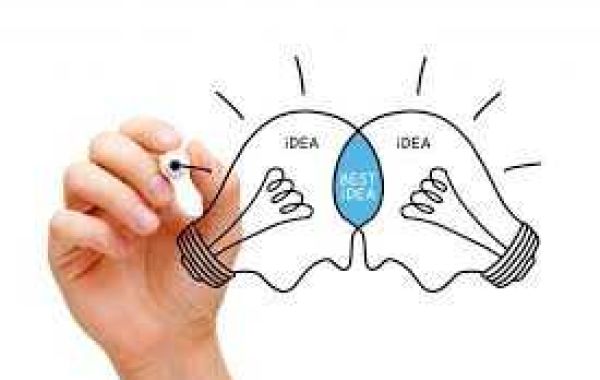An invention license is a formal agreement that gives a person or company the right to advertise and sell your invention or product. The agreement can be drafted in a variety of ways, but typically the inventor receives a combination of upfront payments and royalties as compensation for using their invention or product. There are companies that help license your invention.
If you are thinking about licensing your invention, there are three important things you should know about licensing:
1. Licensing inventions can be a great way for inventors to make money.
2. Patents required in most cases
3. Don't expect to get rich right away.
Yes, you can make a lot of money by licensing your invention. However, nothing is ever as simple as it seems or as others want it to be.
There are many companies that want inventors to believe that all they need is a good idea to get rich in the world of inventions, but before investing in an invention or patent, take a moment to learn about the licensing process. .
Licensing Path
The main reason licensing attracts inventors is that it is easier than starting and building a company. Licensing offers anyone with a great invention a way to bring their product to market.
Licensing allows inventors to focus on what they do best - developing inventions. Producing, stocking, and selling a product can be difficult, so licensing works best for most inventors. Instead of starting from scratch, you can go to a company that has the money, the manufacturing capacity, and the sales force to sell your product.
Patents required
In most cases, a patent is required if you want to license your invention. Do some people license ideas that are not protected by patents? Yes, but it's rare and difficult because you don't have any tangible assets to license and ideas are a dime a dozen.
Many companies won't even look at an invention unless it's patented, because companies want to gain a competitive advantage for the invention before spending time and money making and selling the product.
An exception to the rule with patents can be if you already have a brand developed for the invention. Brands can be valuable if they are protected by a trademark, and you can also license trademarks for a brand.
It takes time
Don't try to get money right away. It's always good to get an upfront payment to offset some of the cost of developing an invention, but most companies aren't willing to pay a huge upfront payment.
Don't ruin a good deal by getting greedy. Receive a smaller down payment (for example, 1/3 of the expected fee for the first year), and then receive the rest of your compensation as a fee as products are sold. This approach balances the risk a company takes to bring your product to market while still giving you a nice payoff early in the process.
* Remember to create a win-win situation when licensing an invention. If a company has to spend too much money in the beginning, it may back out of the deal or lack the capital to properly launch the product.








